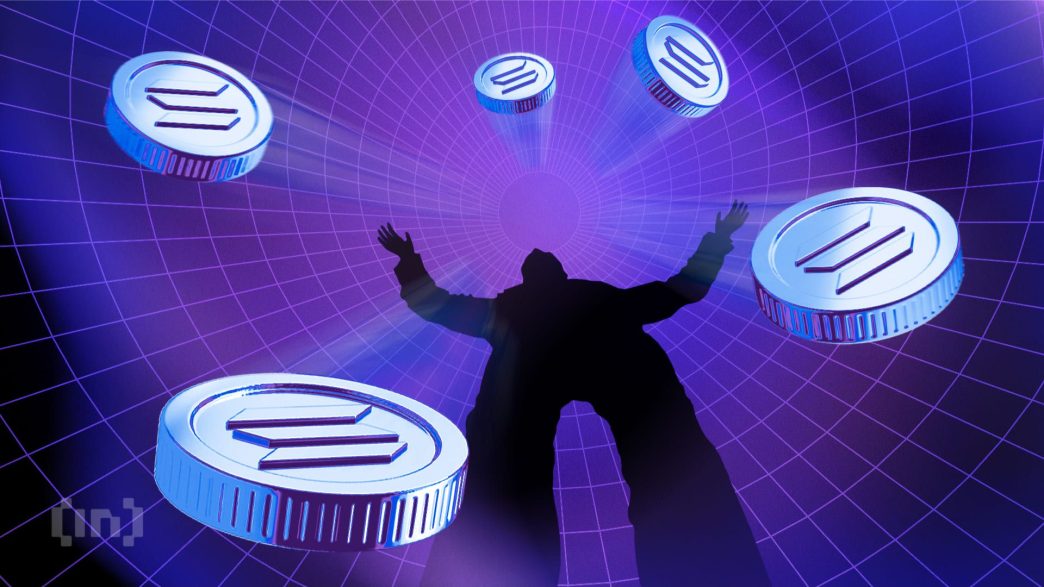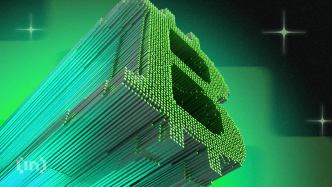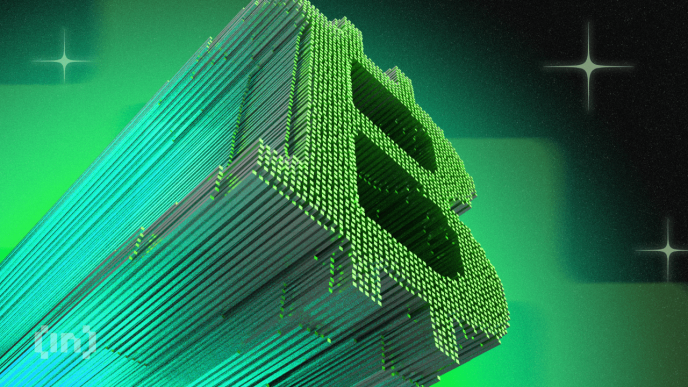A developer from Solana has made a bold claim, stating that the blockchain has achieved quantum resistance, a notable milestone in securing the network against potential threats.
The progression of quantum computing is a significant concern for the crypto community, as its advanced machine-learning capabilities could potentially breach the cryptographic security of digital assets.
Quantum Computing Threat? Solana Might be Ready!
The Solana developer suggests that the blockchain is now resistant to threats from quantum computers. This would position the network at the top in the race for quantum security.
Quantum resistance can be understood as crypto systems’ ability to withstand attacks from quantum computers. Quantum computers, which use the principles of quantum mechanics, are said to be capable of solving complex mathematical problems faster than classical computers.
As they evolve, they can break encryption methods that currently secure blockchains like Solana. However, the specifics of how Solana achieved this quantum resistance are still unclear.
Moreover, Solana has been enjoying a strong start to 2025, with the altcoin trading at $218 during press time, up nearly 18% over the week. Also, the prediction market Polymarket showed an 85% likelihood that a Solana ETF will be approved by the SEC this year.
Ironically, the developer’s announcement came just days after Bitcoin advocate Fred Krueger said Solana would be the first to be affected by quantum computing.
“Solana will be the first casualty of quantum,” Krueger said on December 19.
Nevertheless, the quantum computing industry is making significant strides. Google, for instance, recently unveiled its Willow chip, a groundbreaking development in the field.
In a test, Willow performed a computation in five minutes. Yet the strongest non-quantum supercomputers could take over ten septillion years to complete the same.
The 105-qubit chip sparked concerns about its ability to crack Bitcoin’s algorithms. However, experts were quick to explain that there was no reason to worry.
“Breaking Bitcoin’s cryptography would require millions of qubits—far beyond Google’s Willow chip, which has 105 qubits. Meanwhile, the Bitcoin community is already developing quantum-resistant solutions,” claimed an expert.
Other Blockchains to Follow Suit?
As quantum computing advances, other blockchain projects are also taking steps to prepare for this eventuality.
Ethereum, for instance, has been exploring quantum-resistant solutions. Ethereum co-founder Vitalik Buterin even shared his insights on future-proofing the blockchain against quantum computing.
In Ethereum’s roadmap, Buterin focused on preparing the blockchain for the arrival of quantum computers. This technology, he says, could theoretically disrupt current encryption standards.
Recently, Ava Labs founder Emin Gün Sirer also proposed freezing Satoshi Nakamoto’s estimated 1.1 million BTC, citing risks from quantum computing.
Overall, if the developer’s claims are true, then Solana would be the pioneer in setting the benchmark for quantum-resistant algorithms in blockchains.
Disclaimer
In adherence to the Trust Project guidelines, BeInCrypto is committed to unbiased, transparent reporting. This news article aims to provide accurate, timely information. However, readers are advised to verify facts independently and consult with a professional before making any decisions based on this content. Please note that our Terms and Conditions, Privacy Policy, and Disclaimers have been updated.
Source link
Ann Shibu
https://beincrypto.com/solana-achieves-quantum-resistance/
2025-01-03 16:58:14














